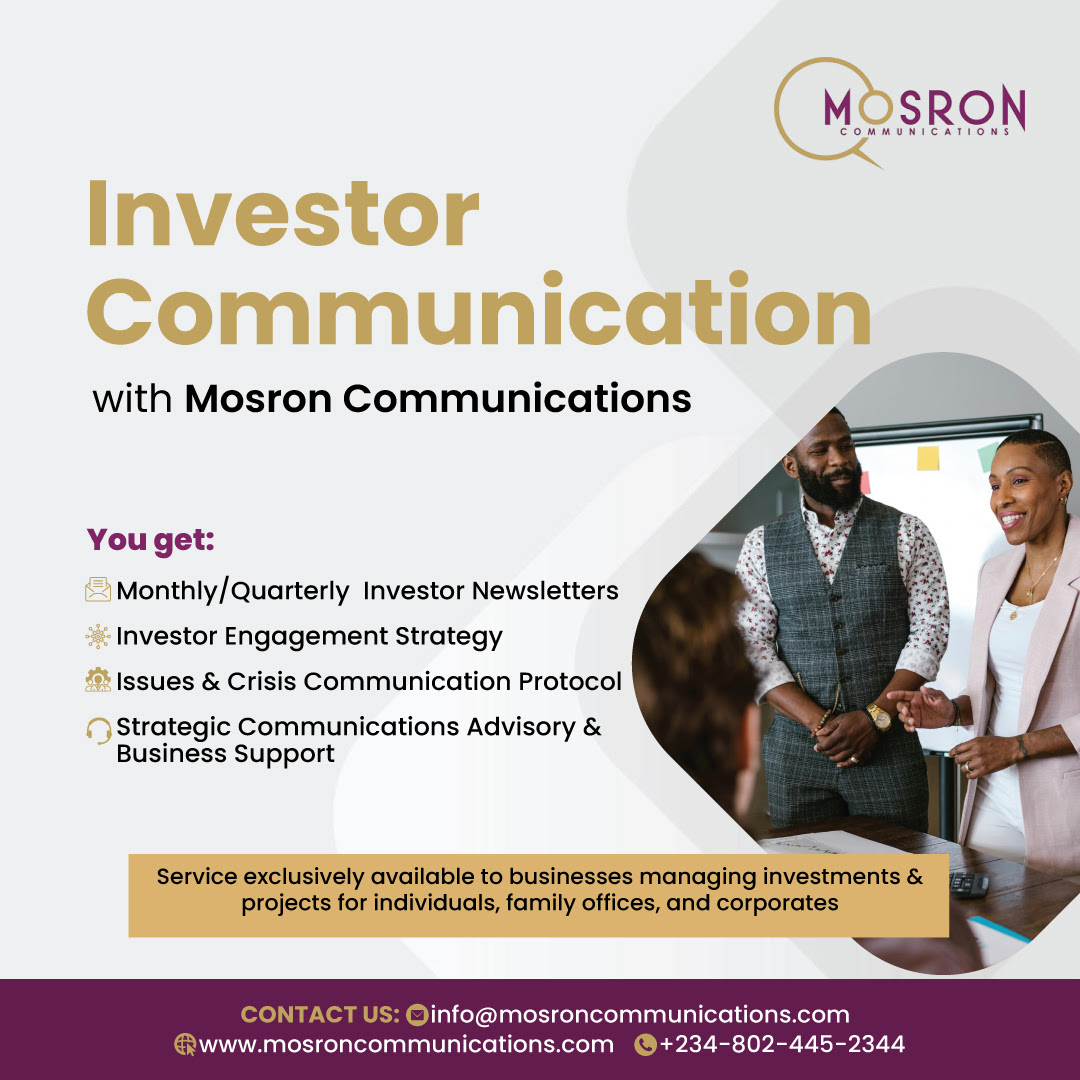Last month, a CEO friend reached out to me with a familiar problem. Her company had just announced layoffs, but employees learned about it through WhatsApp rumours rather than official channels. By the time leadership addressed the team, trust had evaporated. External stakeholders began questioning the company’s stability, clients grew nervous, and what should have been a strategic restructuring became a reputation crisis.
This scenario plays out across corporate Nigeria daily. Organisations treat transparency as optional, then wonder why their communications feel hollow and their relationships suffer.
When Transparency Becomes the Culture
Transparency works when embedded in organisational DNA. Consider how some successful companies have built systematic approaches to honest communication. These organisations create clear protocols for information sharing, establish regular feedback mechanisms, and maintain accountable decision-making processes.
When transparency becomes standard practice internally, external communications naturally become more authentic and trustworthy.
The contrast becomes stark when we examine recent corporate communication failures. Okra‘s shutdown after five years and $16 million in funding revealed how poor stakeholder communication compounds business challenges. While the company faced legitimate regulatory hurdles in Nigeria’s evolving open banking landscape, the manner of communication surrounding these developments created additional trust deficits with investors and partners.
Industry observers noted that trust, transparency, and strong governance distinguish sustainable ventures from those that struggle. External communication failures often reflect internal communication breakdowns. Organisations lacking transparent internal cultures struggle to communicate authentically with external stakeholders during challenging periods.
The Mosron Approach
Our internal culture begins with open information sharing. Team members receive relevant project updates and strategic decisions that affect their work. We maintain honest feedback channels where constructive input flows in all directions without fear of retribution. Every project has clear accountability structures, and when issues arise, we address them directly rather than avoiding difficult conversations.
This internal transparency transforms how we serve clients.
Because our team feels comfortable sharing honest perspectives internally, we bring diverse insights to client challenges.
Our experience with transparent communication helps us guide clients toward strategies that rebuild trust rather than erode it further. When clients face crises, we understand from experience how early, honest communication prevents minor issues from becoming major problems.

Building Transparent Organisations
Organisations seeking more transparent cultures must start with leadership modelling open communication about challenges, decisions, and vision. Create regular forums where team members can share feedback and ideas safely. Document decision-making processes so people understand the reasoning behind strategic choices. Measure transparency efforts through feedback and adjust approaches based on learning.
Most importantly, extend these principles to external communications. Stakeholders appreciate honesty about challenges alongside confidence about solutions.
Our Commitment
We work best with clients who share our commitment to ethical, transparent communication practices. This means providing honest assessments rather than telling clients what they want to hear. Our processes remain visible so clients understand exactly how we work and why. We communicate regularly about project progress and challenges, ensuring no surprises.
Transparency requires more time and effort than selective truth-telling, but it forms the foundation of sustainable success. In an era where authenticity drives stakeholder relationships, organisations embracing transparency position themselves for long-term growth.
As I close out, I would like you to reflect:
Does your internal communications foster the culture that naturally extends to exceptional external communication? Are you building trust that serves as the foundation for sustainable relationships?
If your reflection requires you to reach out to [email protected] to support your internal and external/ investor communications, don’t hesitate.
